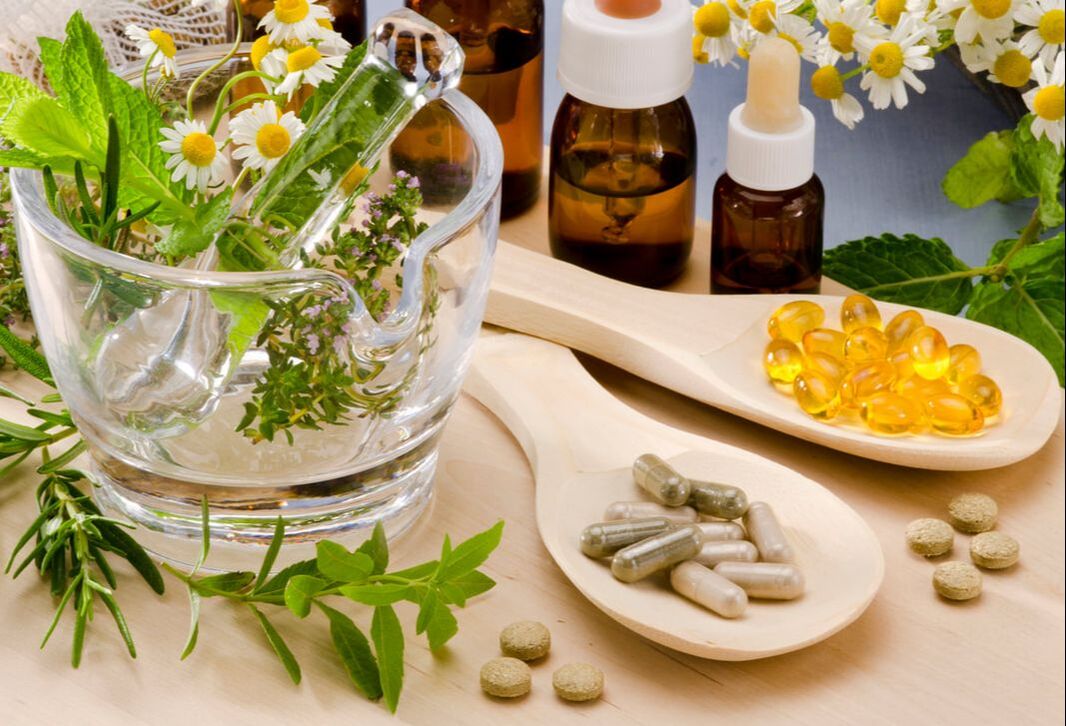
About Course
Scope: This subject involves the fundamentals of pharmacognosy like scope, classification of crude drugs,their identification and evaluation, phytochemicals present in them and their medicinal properties.
Objectives: Upon completion of the course, the student shall be able to
1.To know the techniques in the cultivation and production of crude drugs
2.To know the crude drugs, their uses and chemical nature.
3.know the evaluation techniques for the herbal drugs.
4.To carry out the microscopic and morphological evaluation of crude drugs
Course Content
UNIT-I Introduction to Pharmacognosy:
-
Definition, history, scope and development of pharmacognosy
00:00 -
Sources of drugs – Plants, animals, marine& tissue culture
00:00 -
Organized drugs, unorganized drugs (dried latex, dried juices, dried extracts, gums and mucilages and oleo gum resin
00:00 -
Alphabetical, morphological taxonomical classifications
00:00 -
Chemical, pharmacological chemo and sero taxonomical classification of drugs
00:00 -
Quality control of drugs of natural origin:( Adulteration of drugs of natural origin
00:00 -
Quality control of drugs of natural origin: ( Evaluation by organoleptic microscopic
00:00 -
Quality control of drugs of natural origin: ( physical, chemical and biological methods and properties
00:00 -
Quantitative microscopy of crude drugs including lycopodium spore method
00:00 -
Quantitative microscopy of crude drugs including, leafconstants, camera lucida and diagrams of microscopic objects to scale with camera lucida.
00:00
UNIT-II Cultivation, Collection, Processing and storage of drugs of natural origin:
UNIT-III Plant tissue culture:
UNIT IV Pharmacognosy in various systems of medicine:
UNIT V
hybridization
PAPAIN
Student Ratings & Reviews

No Review Yet
